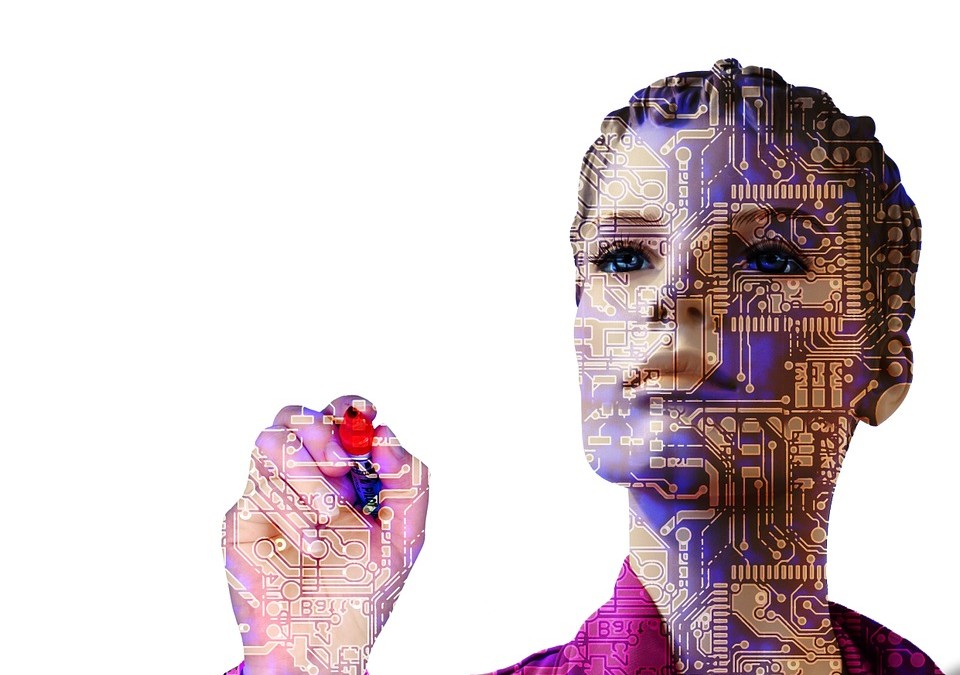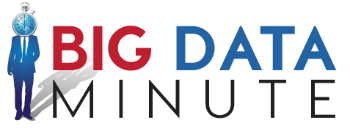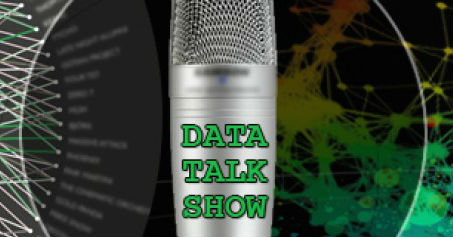
by Stephanie Rabinowotz | Feb 29, 2016 | Big Data, Business Transformation, Data Science
There is a glass with water in it sitting on a table- is the glass half empty or is it half full?
The way you answer the question above may determine how you think about IBM’s new solution for the high demand for data scientists. Data scientists are people who can analyze and control analytical programs that work to sort through large masses of data.
As the amount of data the world produces increases, the need for people who can sort through that data and make meaning of it goes up as well. IBM believes that they can aid this problem with their natural language analytics program which is predicted to be able to do the job of a data scientist.
This provokes the question, is this a good thing? Is this a means to an end or is this the beginning of a war between humans and robots for jobs?
Let us know what you think on our Facebook page!

by Stephanie Rabinowotz | Feb 26, 2016 | Big Data
Colleges are constantly competing to acquire more student than their rival schools. In today’s world how do colleges do this? Colleges obviously select their classes based off of the most accomplished students, but how do they gain the interests of these students in the first place? Big Data has become an extremely useful tool in the college recruiting process.
Colleges rely on big data not only in recruiting athletes for scholarships to better their sports teams and in return receive more publicity and popularity, but also in finding responsible young adults with the best potential to succeed. There have been reports about colleges stalking the social media sites of prospective students to determine which students are most likely to make it to graduation and which students are predicted to drop out.
Online schools most commonly use big data in recruiting as they rely on knowing who to reach out to over the internet. Considering online colleges are best for people who have easy access to a computer and to the internet, they target people who may be searching for “online masters degrees” or “programs with flexible schedules”. Once the college has determined who these people are, schools infiltrate these people’s daily lives by popping up in advertisements during their Pandora profile or on the borders of their social media profiles.
Big data is heavily utilized in the recruiting of prospective students and is becoming a main tool in determining acceptance. To learn more about how big data is being used in the recruiting world check out this interesting article about how big data is becoming the best resource for HR departments.

by Stephanie Rabinowotz | Feb 24, 2016 | Big Data, Business Optimization
Big Data is created from numerous devices, around the clock, every day. Big Data comes from watches, smart phones, televisions, computers, cars, social media sites, and even home appliances. Every where we turn there are devices creating data and sending it to the cloud to be stored.
Once this data is in the cloud it is stored there until a company decides to dig in and start doing some analysis. This reservoir of information is an extremely useful tool for organizations big and small. The issue is that with all of this separation between where data is created and where it ends, we begin to forget that Big Data is coming from humans. Real people, all with different lifestyles and beliefs are the ones producing this information every second of the day.
It is important for companies to remember that when they are working with Big Data, they are handling real people’s information. Crunching codes may just look like a lot of numbers and symbols, but each one of those characters represents a specific person. This is why there are so many discussions about security surrounding Big Data. Companies much remember that they are dealing with personal information that may cause harmful repercussions if released or used in the wrong way. A prime example is when Target alerted a young girl’s father that she was pregnant before the daughter got the chance to.
Although Big Data is a great way to gain information on large masses of people, we must always remember to put the people first.

by Stephanie Rabinowotz | Feb 22, 2016 | Big Data, Business Optimization
Big Data analyitics is intended to be used for the purpose of making connections and discovering insights that humans may miss or take longer to uncover. With the recent announcement that companies have been using Big Data to gain information on their own employees, it may be time to question the lack of limitations surrounding Big Data. Is it okay to use Big Data to spy on people ?
Big Data is used to study the behaviors of millions of consumers everyday so what makes this incident any different? When companies look at consumer behavior, it is done with the motive of ensuring customer satisfaction and retention by knowing what individualized customers want. The issue is that when companies use Big Data to spy on the behaviors of their employees, they are not doing it with the employee’s best interest in mind. Employers are studying their employees’ online activity to determine which individuals may be searching for other jobs, are more likely to develop a serious illness or even those who are planning to start a family.
Instead of encouraging company culture and facilitating open communication with employees, companies are taking the sneaky route to protect themselves from losing workers. It is understandable for companies to be concerned about losing employees and the need to maintain production, but does this give them the right to essentially spy on their own people? It is important to remember that big data is simply a tool and that it is up to the person using it to gain ethical insights, not sneaky ones.

by Aleah Radovich | Feb 22, 2016 | Business Optimization, Internet of Things, Measuring Results
It seems that with the rise of the Big Data Revolution, data creation and data analysis is being utilized in almost every facet of our lives, our devices and our businesses.
Where is it likely to pop up next? The author of this article, Aleah Radovich predicts that it will soon be saving recruiters more than just time! Big Data can be utilized to find “…a match made in heaven.” Companies can identify the perfect candidates, and even candidates that may be more likely to accept an offer.
Here is the intro of the article. You can also Read the Full Article Here.
‘”People that watched ‘Skyfall’ were also interested in ‘The Bourne Identity.'”
We receive suggestions on what movies to watch, what we might like to listen to next and what we would like to buy. Five years ago, it was Amazon alone that used the recommendation system. Today, every company who is a somebody is using it.
So, what Amazon and Netflix do today, we may very well see human resources departments in every company doing tomorrow. The process has always relied upon referrals and recommendations, but now these recommendations are likely to come from our computer screens. We may statements like: Companies interested in Person X were also interested in Person Y.”
Read Full Article Here.











Recent Comments